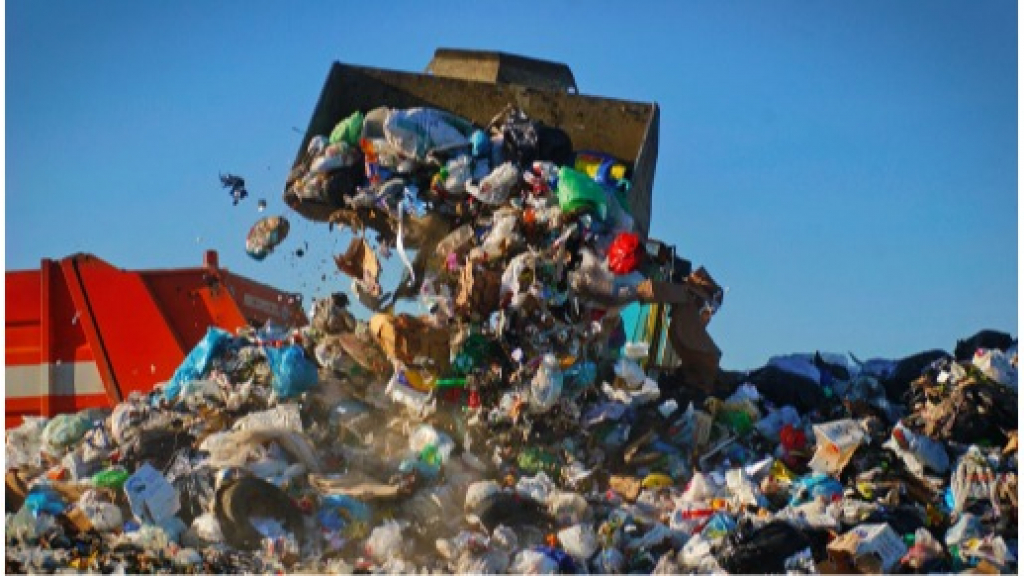Councils across New Zealand face growing pressures to operate efficiently while adhering to sustainability goals. Equipment like monitoring instruments, PLCs and membrane modules are essential to their operations, but over time, even high-quality assets depreciate and become surplus to requirements. Traditionally, these items are stored, or worse, sent to landfill.
Enter recommerce: the practice of reselling used or surplus depreciated equipment. Recommerce not only aligns with sustainability goals but also offers financial and operational benefits to councils. Here’s why adopting this approach makes sense for New Zealand’s water industry councils.
1. Turn Surplus into Revenue
Unused or surplus equipment doesn’t need to sit in storage collecting dust fill up landfills. By listing these items for resale, councils can generate additional revenue from depreciated assets and at least cover the cost of disposal.
For example, surplus turbidity meters could find new life with a smaller council or private supplier in need, transforming a liability into an opportunity.
2. Support a Circular Economy
Sending equipment to landfill not only wastes valuable resources but also undermines environmental goals. Recommerce promotes the reuse of functional assets, extending their lifecycle and reducing waste.
Benefits include:
- Reducing the environmental impact of production and disposal.
- Meeting sustainability targets by aligning with circular economy principles.
- Demonstrating leadership in environmental stewardship within the community.
3. Help Smaller Councils and Contractors
Not every council or private supplier has the budget for brand-new equipment. By reselling surplus items at a reduced cost, you can:
- Enable smaller councils to access high-quality equipment within their budget.
- Support private suppliers who need reliable tools for their projects.
- Foster collaboration and goodwill within the water industry.
4. Streamline the Selling Process with watersorted
One of the biggest challenges with traditional resale methods is the effort required. Managing inquiries, negotiating prices, and completing transactions can be time-consuming. That’s where watersortedcomes in:
- Product Listings: Create detailed listings with descriptions, photos, and key specifications of your surplus equipment.
- Targeted Audience: Reach a network of buyers in the water industry, including councils, contractors and private suppliers actively looking for affordable solutions.
- Effortless Transactions: Use the platform’s tools to manage inquiries, and complete transactions seamlessly.
Watersorted takes the hassle out of recommerce, ensuring that your surplus items reach the right buyers quickly and efficiently.
5. Enhance Your Council’s Reputation
Taking proactive steps toward sustainability and efficiency can enhance your council’s reputation:
- Show the community you’re committed to reducing waste and promoting reuse.
- Highlight your innovative approach to resource management in annual reports or sustainability updates.
Recommerce in Action
Imagine this: Your council has recently upgraded its water treatment plant filter turbidity analysers. The older models, while still functional, are no longer needed. Instead of paying for storage or disposal, you list them on watersorted. Within weeks, a smaller council purchases them at a fair price, putting them to good use while your council generates revenue and avoids waste.
This win-win scenario is not only possible but increasingly necessary as councils look to maximise resources and minimise environmental impact.
Get Started with watersorted
Recommerce is more than a trend; it’s a smarter way to manage surplus equipment. By partnering with watersorted, you can simplify the process, connect with buyers, and contribute to a more sustainable future for the water industry.
Ready to turn surplus into opportunity? List your surplus equipment on watersorted today and join the growing movement toward recommerce.





Comments